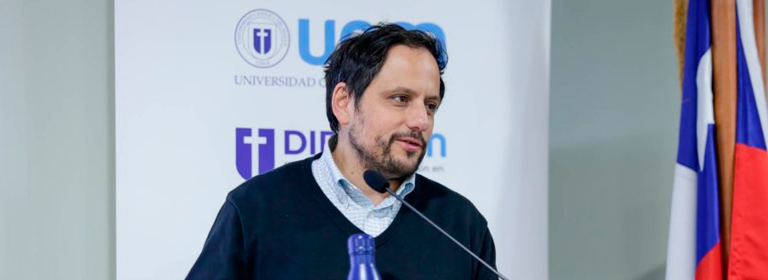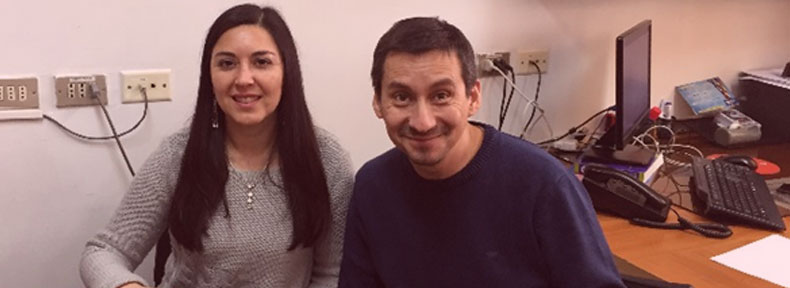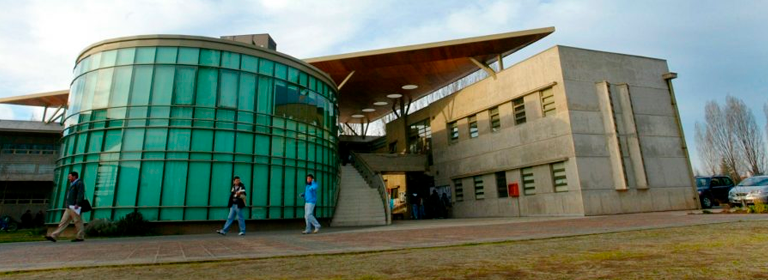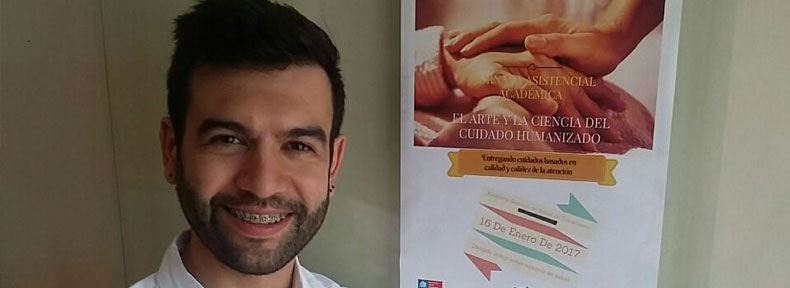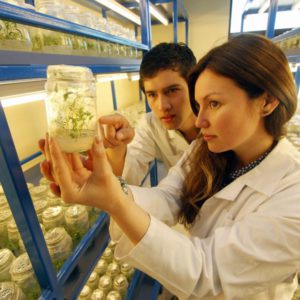The educational revolution, detonated by digital progress, corresponds to a palpable reality. The UCM Department of Research in University Teaching addressed the technological advances that are redefining the way teaching and learning take place.
 Traditional teaching methodology, which dates back to the academies of Ancient Greece, was based on the presence of a scholar who addressed an audience that had to listen, understand and memorize. However, technological advances, which have facilitated the dissemination of and universal access to knowledge, have reshaped the way we educate and learn.
Traditional teaching methodology, which dates back to the academies of Ancient Greece, was based on the presence of a scholar who addressed an audience that had to listen, understand and memorize. However, technological advances, which have facilitated the dissemination of and universal access to knowledge, have reshaped the way we educate and learn.
“Artificial intelligence is inescapable and is like background music. Students use it much more than we teachers do, with a very rapid level of evolution. This leads us to reflect on the roles of the teacher, the student and the institution,” said Sergio Celis, associate professor at the School of Engineering and Sciences of the University of Chile, during a seminar held by the Department of Research in University Teaching, DIDU, belonging to UCM.
“The main suggestion -said the doctor in Higher Education- is experimentation; daring to do things. When you innovate, there is a probability that things will not go well and that also has to be assumed. To innovate, there is a range of possibilities that go from the preparation of materials by teachers to the feedback of writings and preparation of ideas in the student dimension”.
The seminar, entitled “Innovation in University Teaching: experiences from UCM”, offered a space to socialize transforming experiences in the formative process of students.
 “The question is how we, in the face of the development of artificial intelligence, are able to appropriate these mechanisms to generate better learning. Several academics and research groups at the university told us in the weekly magazine how they took an idea and put it into practice,” said the director of the DIDU and doctor in Physical and Artistic Activity, Aquiles Almonacid, who also leads the National Network for Research in University Teaching (RENIDES).
“The question is how we, in the face of the development of artificial intelligence, are able to appropriate these mechanisms to generate better learning. Several academics and research groups at the university told us in the weekly magazine how they took an idea and put it into practice,” said the director of the DIDU and doctor in Physical and Artistic Activity, Aquiles Almonacid, who also leads the National Network for Research in University Teaching (RENIDES).
The DIDU was created at the end of 2022, as a unit dependent on the Directorate of Research at the Universidad Católica del Maule, with the aim of improving the teaching practice within the campus, in the line of academic modernization promoted by the Undersecretary of Higher Education.

